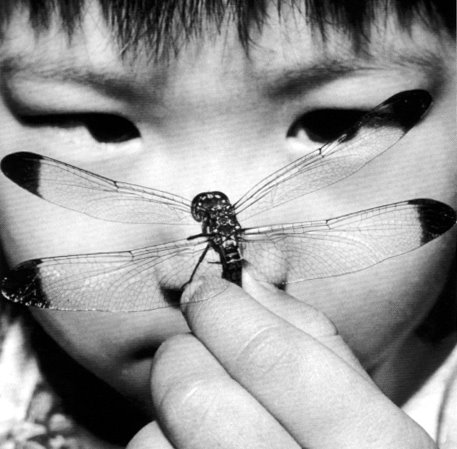“There are in the reading process (…) two desires in play: on the one hand the desire of the fictional figure within the text, and on the other the desire of the reader. What the stories of demon lovers suggest is that the desire defined in the fiction cannot be met by a mortal lover, because in the end desire is not of the other, but of the Other, and its gratification is both forbidden and imposible. The desire of the reader, however, is permitted. Metaphysical reading promises the gratificcation of truth unveiled, the meaning of the text, closure. But the regime of truth is characterized by loss: finite meaning (..) The alternative is to seek out the pleasures of the trompe-l’oeil, which permits us to shift between incommesurable knowledges without finality, or fear of retaliation. This mode of reading postpones closure. Instead, it acknowledges all that is elusive and enigmatic in the work, and sustains desire by privileging whatever is critically unmastered, textually demonic.’
Catherine Belsey, "Desire".
Reading is living, says the wheel of wisdom.
skip to main |
skip to sidebar
errands made easy
Archivo del blog
-
►
2008
(156)
- ► septiembre (19)
-
▼
2006
(316)
- ► septiembre (18)
-
▼
abril
(40)
- Sin título
- llegir de bon demati
- estoy leyendo!!
- Alaska -desechos.
- wealth and beauty
- Goodbye. Hello.
- mejor
- Sin título
- valoracion final -esas listas que tanto os gustan
- cal tornar a casa
- Sobre ti construiré mi imperio
- school days - a brand new start
- viva el queleer ¡viva!
- Laser is everywhere -buen rollito gayer
- attention must be paid
- night and day
- Proud and Active
- he sido formalmente invitada
- back to where my family stands
- ñam ñam
- 100.000 fireflies, dragonflies
- La incertidumbre de la lectora (On loving a demon)
- desechos
- las alas de la paloma
- I can't believe you're so rude. A revenge.
- agafa-la d'aquí
- brutal
- The Colossus hisself. The Beast.
- clasico banessil
- espesa cabeza espesa
- para sentirme como en casa
- yo tambien
- sin titulo (sin sueño. sin palabras)
- ¿por que
- reclamo
- voy a fiestas
- Insomnia
- en coccion
- hoy me arrepiento
- ORDEN
